News Archive
2019
-
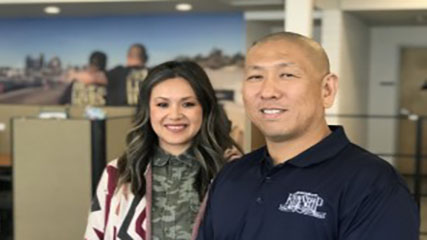
Two decades ago, Steve Kim, MSW ’06, turned his life around. Thanks to the intervention of people who helped him envision a life beyond what he calls the worst mistakes of his life, he’s been paying it forward ever since.
-
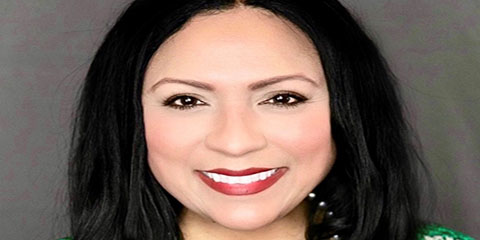
Doctorate of Social Work student Deborah Villanueva saw the gaps in support and programs for the Native American youth population she works with daily at the American Indian Counseling Center in Cerritos, California. So she decided to do something about it.
-

Affirmative approaches to social work validate LGBTQ clients’ identities and help to create an inclusive space for all.
-

Social workers dedicate their lives to serving others, improving the wellbeing of individuals and communities across the globe on a daily basis. Committing this level of emotional commitment and energy to others is no easy task, and as such, social work has one of the highest rates of burnout, marked by physical, emotional and mental exhaustion.1
-

Assistant Professor Robynn Cox explains how the U.S. can mitigate high rates of recidivism with the help of social support services that foster greater economic stability.
-

The U.S. has seen multiple mass violence events perpetrated by military veterans: Thousand Oaks, California; Dallas, Texas; Baton Rouge, Louisiana; Charlottesville, Virginia. Understanding the factors that lead to these terrifying events—and why members of the military may be susceptible to extremist beliefs—may help prevent future violence by veterans and others.
-
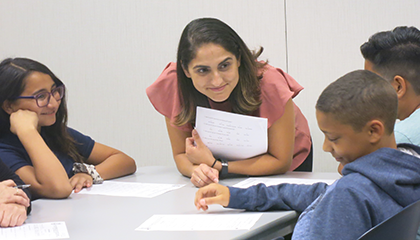
The difficulties started just before her son’s 14th birthday.
Karina Rodriguez’s youngest child and only son had always possessed a strong will, but puberty had amplified it. He became moody, defiant and disrespectful.
“It was his way or no way,” Rodriguez said.
She grew more fearful as he began to hang out with a new set of trouble-making friends easily described as the “wrong crowd.”
“I felt like I had tried everything,” she said. “I felt helpless.”
-
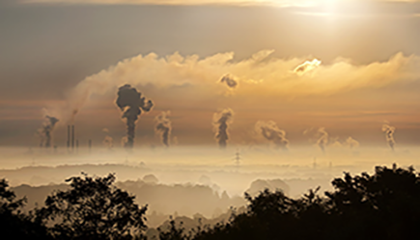
As climate change becomes an ever-present reality, communities across the globe must find new ways to address the environmental and socioeconomic repercussions. Can local organizations help at-risk populations fight back?
-

Associate Professor Jeremy Goldbach outlines general guidelines for navigating gender pronouns with anyone in your life.
-
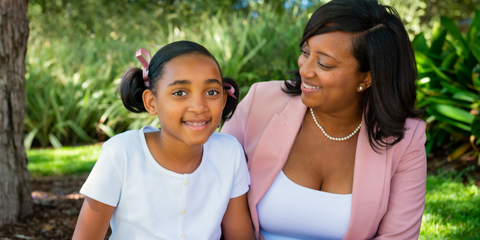
For years, every time Dezetta Burnett drove by USC’s University Park Campus, her young daughter would pipe up from the backseat: “Mommy, you should go to school one more time.”
Burnett had earned her master’s in social work at USC while pregnant with Amaiya, now age 8. But as a single mom working full time, she was wary about the commitment of enrolling in college again.